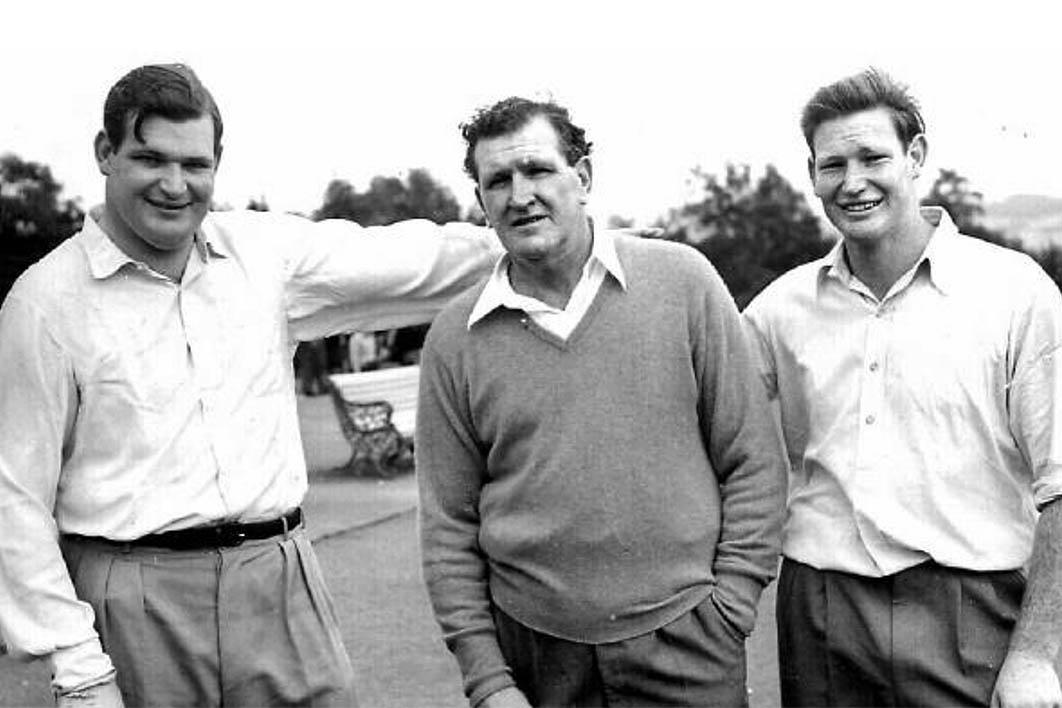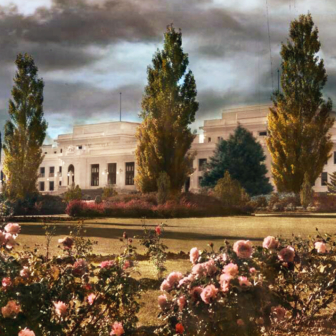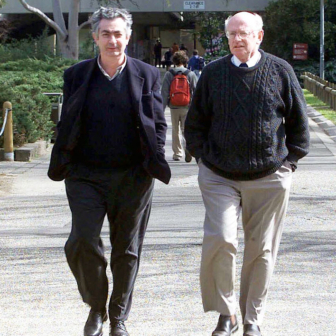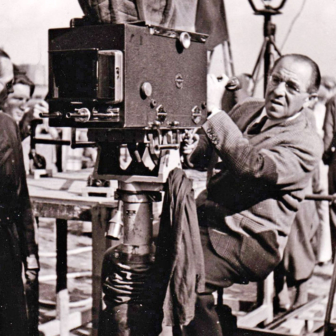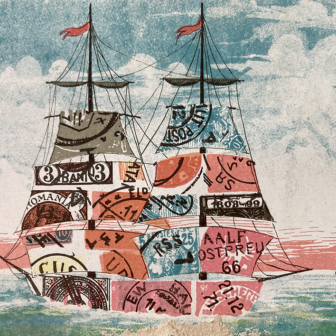Next Monday, 7 June, marks the fiftieth anniversary of one of Sydney media’s most notorious and celebrated brawls. On this night in 1960, thugs bankrolled by Rupert Murdoch violently evicted Clyde and Kerry Packer and some of their lieutenants from a printing press both companies coveted, after the Packers had forcibly and illegally taken possession of it.
The fight had seemingly innocuous beginnings. The “boy publisher” Rupert Murdoch had bought Cumberland Press, publishers of suburban newspapers, as his first move into the Sydney market. The dominant Fairfax and Packer companies were so alarmed that these traditional enemies joined forces to repel the outsider, forming a company – to be headed by Sir Frank Packer’s son, Clyde – to publish a new chain of suburban papers. The new titles were to be printed in downtime at the printer of the afternoon tabloid paper, the Daily Mirror. But while they were planning these moves, Murdoch had bought the Mirror too, so now they desperately needed another printing press.
Having heard that the Anglican Press was in receivership, Clyde Packer decided to buy the printery and solve his problem. The press was associated with, but a separate company from, the left-leaning Anglican newspaper, edited by the remarkable Francis James.
James was the son of an Anglican clergyman, had flown in the RAF and had been shot down over Germany, where, on his third attempt, he escaped from a prisoner-of-war camp. After failing at Oxford, he made a small fortune fishing off north-western Australia, which helped to finance his subsequent journalistic adventures. Well known as a great Sydney character, he dressed in a black cloak and broad-rimmed hat and ran his office from the back of his 1928 Rolls Royce. In 1969 he was imprisoned for three years in China by the Communist government on charges of espionage.
Once alerted that he was about to lose his press to the Packers, James sprang into action. First, he arranged for the church company to change receivers, which meant that the firm the Packers were about to close the deal with was rendered irrelevant. Then he contacted the other person with a strong interest in stopping the Packers gaining the press, Rupert Murdoch. According to Murdoch, James appeared “out of the blue” with two Anglican bishops in tow, and urged him to buy the Anglican Press. But events were moving quickly.
Unaccustomed to not getting their own way, and undeterred by legal niceties, the Packers decided that possession was nine-tenths of the law. Clyde, Kerry, their lawyer and several others went to the Press building. The newly appointed receiver tried to deny them entry, but on the pretext of having a look around the back of the building, they broke in. In a well-planned exercise, they forcefully evicted the people still inside, cut the phone lines, changed the locks and barricaded the windows.
James, at dinner, was alerted to what was going on. He rang Murdoch and gathered some of his friends, but Murdoch said the person they needed was Frank Browne. Browne, sports editor of Murdoch’s Sunday Mirror, had been a professional boxer, was sporadically involved in far-right-wing politics and intermittently published a scurrilous newsletter called Things I Hear. Earlier, in 1955, he and a partner had the distinction of being jailed for contempt of parliament, the only people in Australian history to have been sent to prison by the House of Representatives.
Browne gathered what James described as four of the biggest bruisers he had ever seen. They, James and his friends, and Murdoch all met on the steps of Sydney Town Hall at midnight. Murdoch pressed several hundred pounds into James’s hand to pay the others. He then went home, but one of the Daily Mirror photographers at the scene kept in touch with events by walkie-talkie.
When the party reached the Press building at around one o’clock they divided into two. Browne and his friends, armed with monkey wrenches and mallets, went to the front door and eventually broke it down, while James, remembering that there was a toilet window at the back that people could climb through, snuck in that way.
An almighty brawl followed. At one stage Browne and Kerry Packer squared up. Packer had been an amateur boxer but Browne had been a professional, and the result was terribly one-sided. Packer emerged with black eyes and days later was still wearing dark glasses with a badly swollen face. Eventually the Packer group – bruised and bleeding – fled, all in the one car, because the invaders had let down the tyres of the others. With the building securely recaptured, James led the group in a prayer of thanks.
This was not the end of the Packers’ humiliation. Next day’s Daily Mirror had a headline story, “Knight’s sons in city brawl” – the knight in question was Sir Frank Packer – with a large photo of a menacing Clyde throwing the one-legged manager of the Anglican Press into the street.
The Packers also lost the ensuing court battle, although the Anglican Press proved a financial drain for Murdoch, so his success also carried its costs. For the next year Murdoch competed fiercely and expensively with Packer and Fairfax in the suburban newspaper market, until they decided to carve out the territory between them. Not for the first or last time, major Australian media companies found that monopolistic cooperation was more profitable than competition.
Soon everything returned to normal, with Packer’s Telegraph and Murdoch’s Mirror writing their usual strident law-and-order editorials. •
